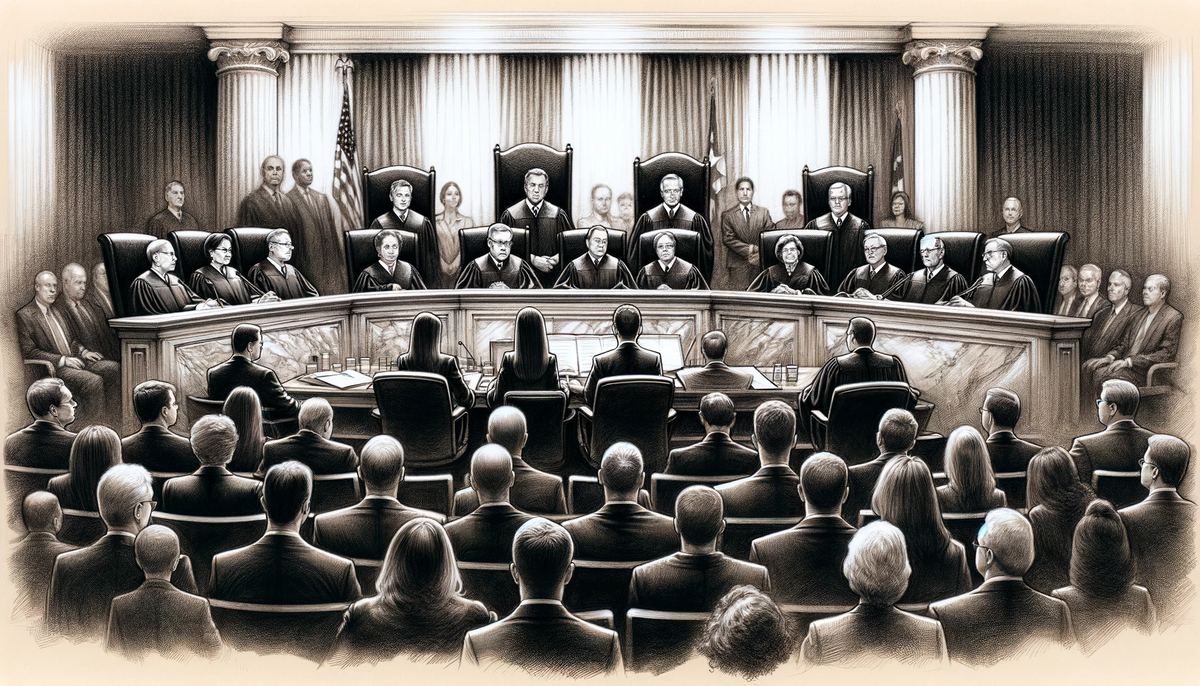Case Digest: Financial Oversight and Management Board for Puerto Rico v. Centro de Periodismo Investigativo Inc.

This Supreme Court case revolves around the issue of sovereign immunity in the context of the Financial Oversight and Management Board for Puerto Rico, established under the Puerto Rico Oversight, Management, and Economic Stability Act (PROMESA). The key legal principle established is that statutory language must be unmistakably clear in order to abrogate sovereign immunity, which was not found in PROMESA.
Introduction:
This case involves the application of sovereign immunity principles to a board created by Congress to address Puerto Rico's financial crisis. The Supreme Court's decision is significant for its implications on the interpretation of sovereign immunity in federal legislation.
Facts of the Case:
In 2016, Centro de Periodismo Investigativo Inc. (CPI), a non-profit media organization, requested various documents from the Financial Oversight and Management Board for Puerto Rico, established under PROMESA to oversee Puerto Rico’s financial affairs. When the Board did not comply, CPI sued, citing a right of access to public records under the Puerto Rican Constitution. The Board claimed sovereign immunity, which the District Court rejected, a decision affirmed by the First Circuit.
Issue of the Case:
The key legal issue was whether PROMESA abrogated the Board's sovereign immunity, allowing it to be sued in federal court for not releasing the requested documents.
Ruling of the Case:
The Supreme Court reversed the First Circuit's decision, holding that nothing in PROMESA abrogated the Board's sovereign immunity. The Court assumed, without deciding, that the Board and Puerto Rico possess such immunity and concluded that PROMESA did not make an unmistakably clear intention to strip this immunity.
Impact on the Legal System:
This ruling reinforces the principle that clear, unambiguous language is required to abrogate sovereign immunity in statutory law. It underscores the cautious approach courts must take in interpreting Congressional intent in this context, particularly regarding entities like the Financial Oversight and Management Board for Puerto Rico.
Conclusion:
The Supreme Court's decision in this case reaffirms the stringent standards required for Congressional abrogation of sovereign immunity. This ruling has significant implications for future cases involving statutory interpretations related to sovereign immunity, especially in the context of federal oversight boards and commissions.

